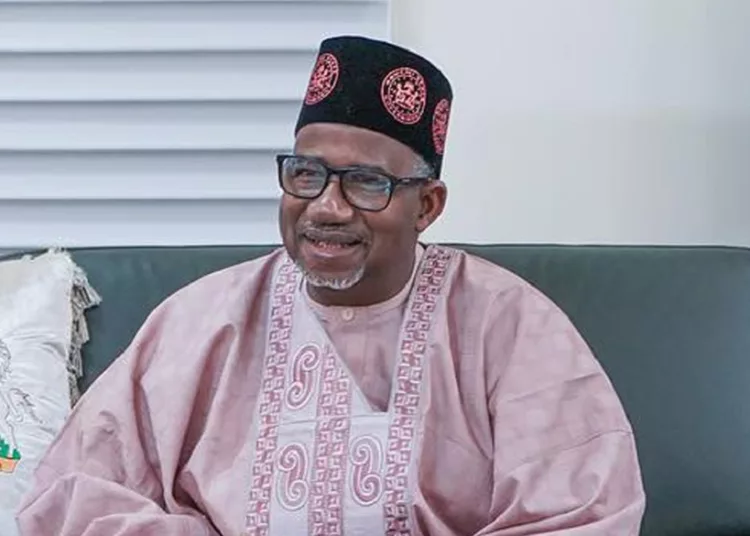Governor Bala Abdulkadir Mohammed of Bauchi State has stressed the need for traditional and revered religious leaders to key into the various policy interventions such as the Adolescent Girls Initiative for Learning and Empowerment (AGILE) to improve education opportunities among girls in the country and the Northeast zone in particular.
The governor urged the leaders to continue to lead in the advocacy and awareness creation at the state, local and community levels on the significance of girl-child education.
At the Traditional and Religious Leaders Conference on Improving Girls Education in North East Geo-Political Zone, opened in Bauchi yesterday, Governor Bala urged the leaders to support the federal and sub-national governments, as well as reorient their members and followers on myths and negative social norms which often prevent parents from supporting their wards and children to enroll into schools.
While describing education as the major vehicle that could be utilised to build a robust and sustainable economy and viable society, the governor commended the Federal Ministry of Education and the AGILE project supported by the World Bank for choosing Bauchi State to host the conference.
He highlighted the achievements of his administration in girls education, underscored the critical role of traditional and religious leaders in promoting school enrollment, retention, and completion, particularly among girls.
Also speaking, the Sultan of Sokoto, Alh Muhammad Sa’ad Abubakar III, emphasised the need to educate the girl-child, citing an example of Nana Usman Dan Fodio who was a teacher, and served as adviser to Sultan Muhammad Bello.
The Sultan stressed the need for collective action by traditional rulers, religious figures and community members to ensure the success of education programmes for girls.
The national coordinator of AGILE Project, Amina Buba Haruna, praised the support of the state government towards the successful implementation of the project in the state and called for sustenance of the effort.
The representative of the minister of Education, Dr Tunji Alausa appreciated the state government’s proactive measures in addressing challenges in girl-child education noting that the gesture is in line with the federal government’s education development initiative.
The first lady of Bauchi State, Hajiya Aishatu Bala Muhammad, described education as the cornerstone of empowerment, stating that it equips girls with the tools needed to make informed decisions, advocate for their rights and contribute significantly to their communities.
The first lady highlighted the barriers that girls face in accessing education, including cultural norms, poverty, gender discrimination and inadequate infrastructure.
She urged all stakeholders, governments, communities and individuals to work collectively in addressing these challenges.
Papers were presented at the conference which included, ‘The Roles of Traditional and Religious Leaders in Overcoming Social and Cultural Norms on Girls Education in Northern Nigeria’, and ‘Significance of Partnership With Traditional and Religious Leaders in Addressing Major Gaps on Girls Education in Northern Nigeria.’
Meanwhile, the governor has declared a state of emergency on education barely a year after convening an education summit that discussed ways of improving the sector.
The governor said this during a conference of North East traditional and religious leaders on girl-child education.
He said his administration has also implemented various initiatives to promote girls’ education in the state including the introduction of schools for girls-only at the senior secondary level, implementation of the Bauchi State Education Strategic Operation Plan, and conditional cash transfers to girls in secondary schools, in addition to the construction and renovation of 120 schools with furniture under the AGILE Project.
Governor Mohammed commended traditional and religious leaders for their support in promoting girls’ education.
On his part, the minister of Education, Dr Tunji Alausa, who was represented by Bukar Bukarbe described the conference as timely and in alignment with federal government’s efforts to advance girls’ education nationwide.











